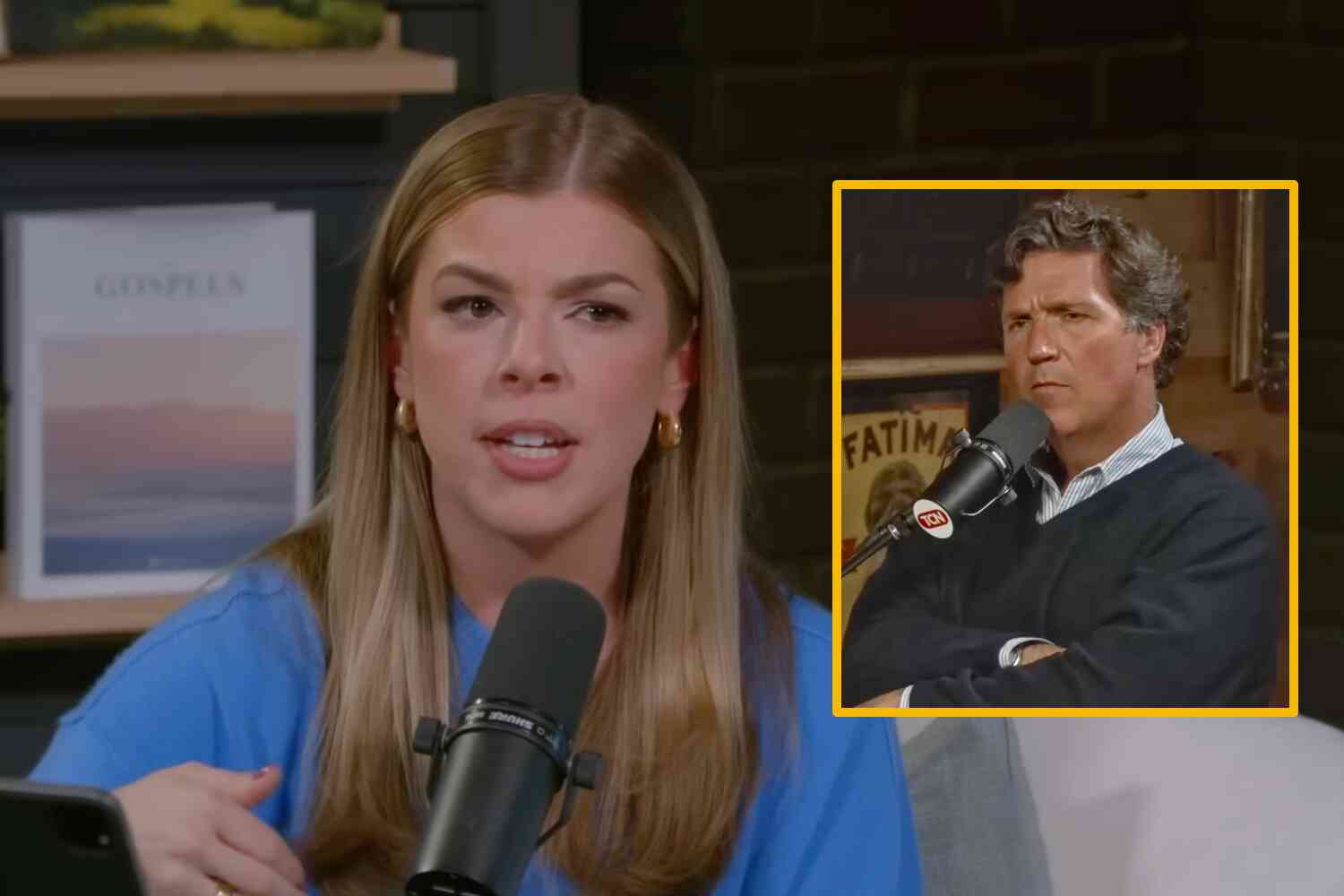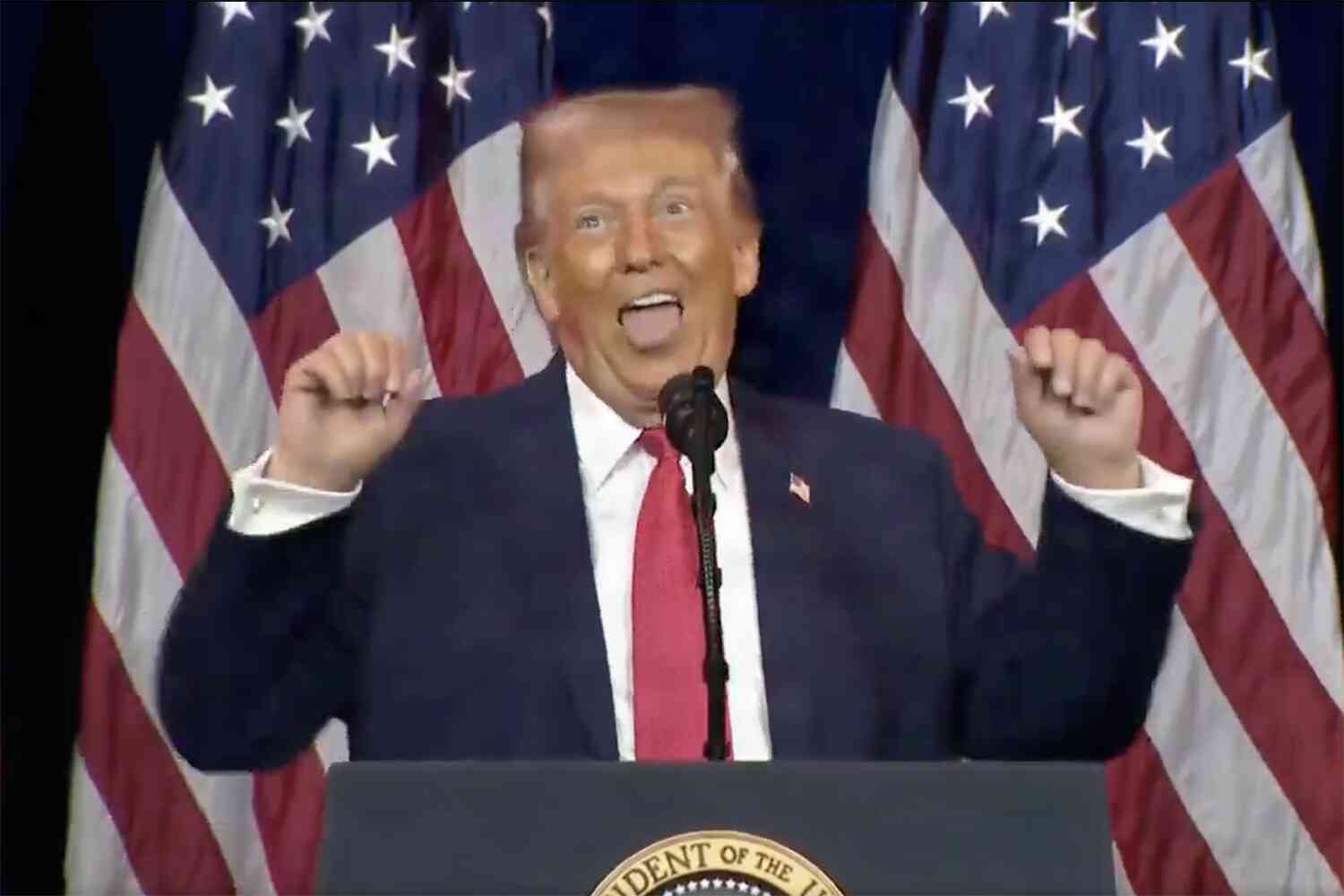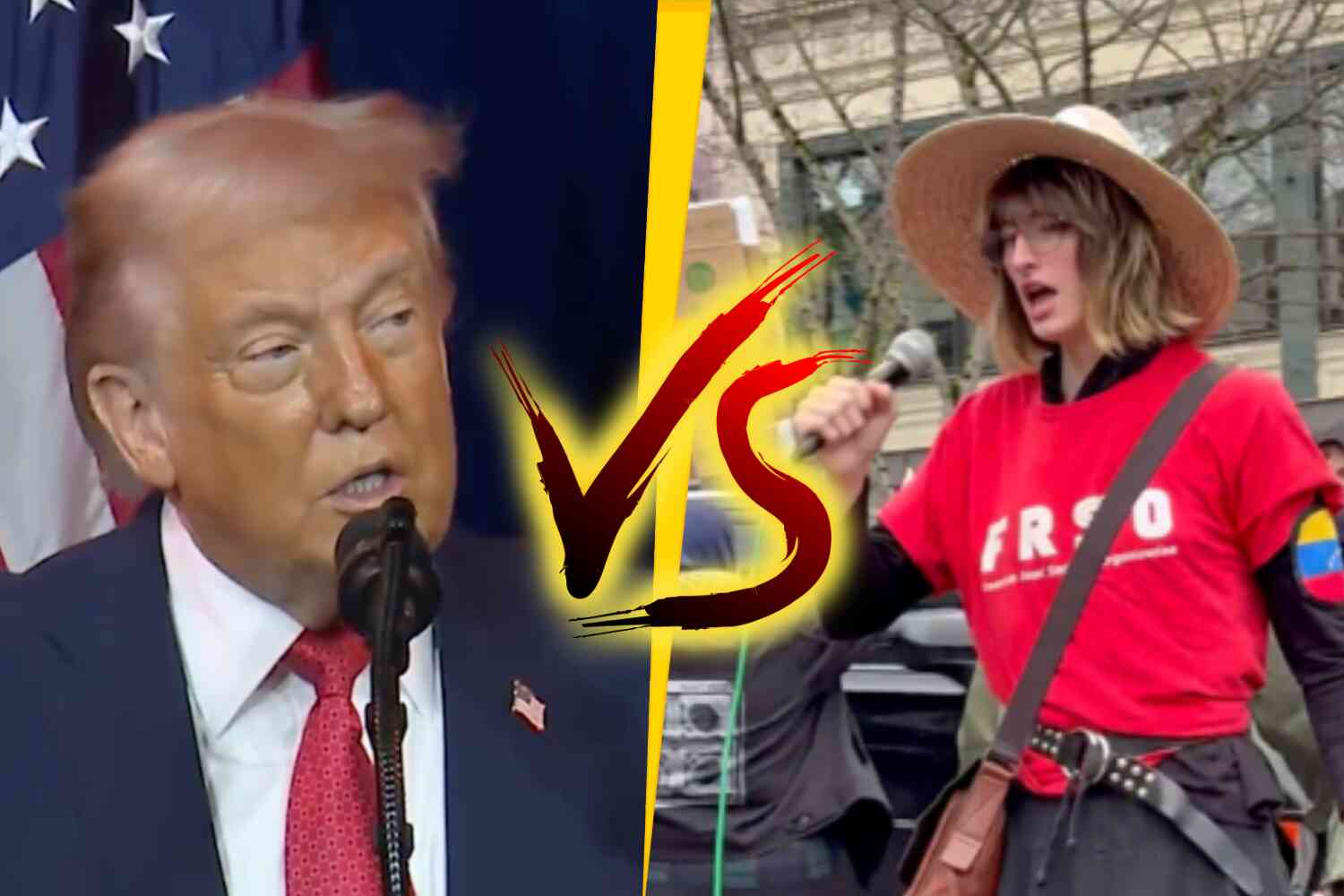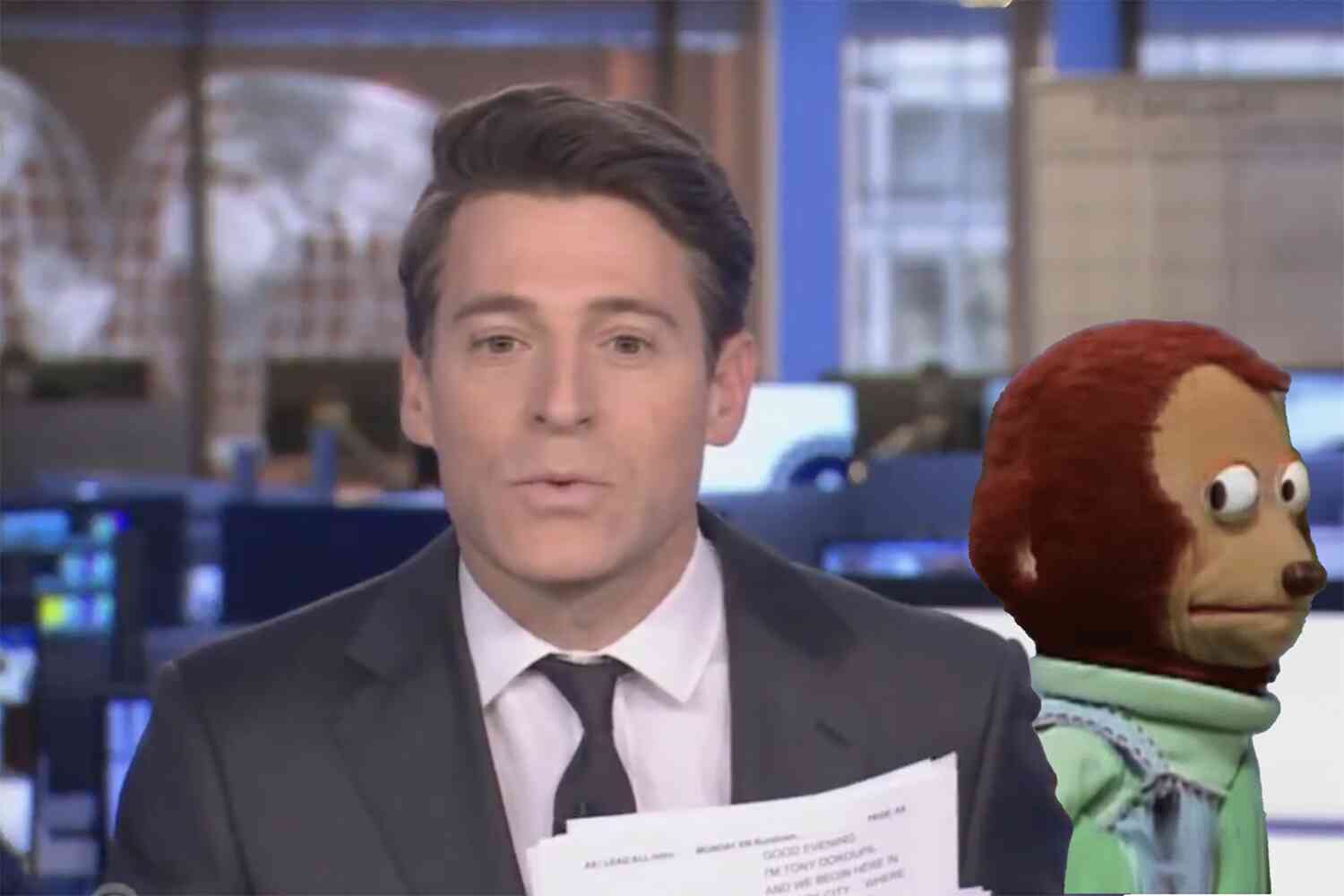I think you all know this gentleman's first mistake.
Dennis Parada, an avid metal detectorist, is suing the FBI because he claims the agency stole nearly 7 tons of coins he discovered after reporting it to the agency.
The FBI has denied finding anything in the dig.

This story itself has been in the news cycle off and on for years, but now the case is making its way to court.
New photos and videos from the dig have also just become available.
You mean to tell me you think the FBI took advantage of this dude because he's a nobody and then lied to him and the public about their recovery of this loot?

From Fortune:
The court-ordered release of a trove of government photos, videos, maps and other documents involving the FBI's secretive search for Civil War-era gold has a treasure hunter more convinced than ever of a coverup — and just as determined to prove it.
Dennis Parada waged a legal battle to force the FBI to turn over records of its excavation in Dents Run, Pennsylvania, where local lore says an 1863 shipment of Union gold disappeared on its way to the U.S. Mint in Philadelphia. The FBI, which went to Dents Run after sophisticated testing suggested tons of gold might be buried there, has long insisted the dig came up empty.
Parada and his advisers, who have spent countless hours poring over the newly released government records, believe otherwise. They accuse the FBI of distorting key evidence and improperly withholding records in an apparent effort to conceal the recovery of a historic, extremely valuable gold cache. The FBI defends its handling of the materials.
Parada and his group simply say they saw evidence of TONS of gold one day, then the FBI came and now it's all mysteriously gone.
And even now, with the tapes, the questions remain unanswered.
Parada's dispute with the FBI is playing out in federal court, where a judge overseeing the case must decide whether the FBI will have to release its operational plan for the gold dig and other records it wants to keep secret. The judge could also order the FBI to keep looking for additional materials to turn over to the treasure hunter.
"We feel we were double-crossed and lied to," Parada said in an interview at his cramped, wood-paneled office, where huge drill bits and high-end metal detectors compete for space with rusty miners' picks, Civil War-era cannon parts and other odds and ends he's dug up over the years.
"The truth will come out," said Parada, co-founder of the treasure-hunting outfit Finders Keepers. Solving the mystery is not his only goal — he had hoped to earn a finder's fee from the potential recovery of hundreds of millions of dollars worth of gold.
According to Parada, the video handed over has been heavily edited and doesn't answer the questions he has put forward. Now it's up to the judge to demand the FBI hand over more documentation related to the case.
An FBI spokesperson declined to answer questions about the agency's gold dig records or respond to the coverup allegations, citing the ongoing litigation. Last year, the FBI released a statement publicly acknowledging for the first time that it had been looking for gold in Dents Run. The statement said the FBI did not find any, adding the agency "continues to unequivocally reject any claims or speculation to the contrary."
So, for four years, they wouldn't even acknowledge that they dug in the area to look for the lost treasure. Then, a year ago, they finally said they looked but didn't find anything.
Finders Keepers is finding discrepancies in the official story:
Parada and a consultant, Warren Getler, have focused on a handful of FBI photos and an accompanying photo log that have them questioning the FBI's official gold dig timeline. At issue is the presence or absence of snow in the images and the timing of a storm that briefly disrupted operations. For example, an FBI image that was supposed to have been taken about an hour after the squall does not show any snow on a large, moss-covered boulder at the dig site. That same boulder is snow-covered in a photo that FBI records indicate was taken the next morning — some 15 hours after the storm.
They accuse the FBI of altering the sequence of events to conceal an overnight excavation.
"We have compelling evidence a night dig took place, and that the FBI went to some large effort to cover up that night dig," said Getler, co-author of "Rebel Gold," a book exploring the possibility of buried Civil War-era caches of gold and silver.

The records released so far "cast doubt on the FBI's claim to have found nothing and raise serious and troubling questions about the FBI's conduct during the dig and in this litigation, where it has gone to great lengths to distort critical evidence," Anne Weismann, a lawyer for Finders Keepers, wrote in a legal filing that seeks records, including the FBI's operational plan, that she says were improperly withheld.
The Justice Department did not address the treasure hunters' most explosive claims of a possible coverup in its latest legal filing. The government instead told a federal judge in Washington, D.C., that the FBI had satisfied its legal obligation to the treasure hunters to search for its records of the dig, and asked for the case to be closed.
The judge has yet to rule.
Hopefully, this legal action will get to the bottom of this mystery sooner than later.









